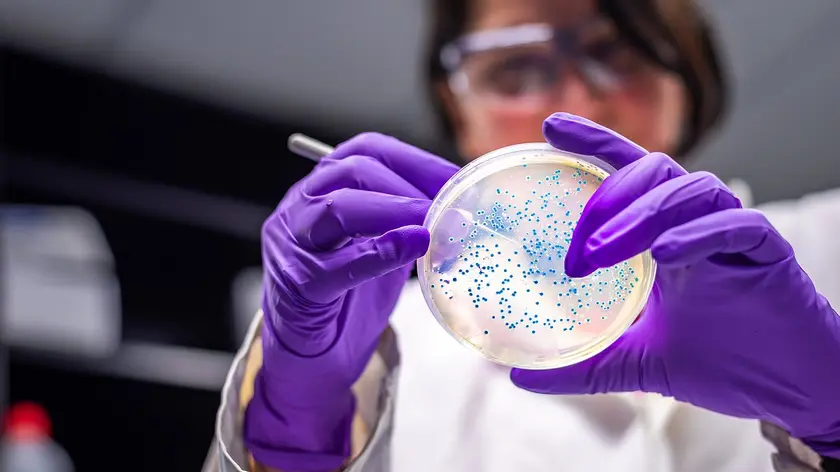T4K3.news
Chikungunya cases rise in England
UK Health Security Agency reports a threefold increase in chikungunya cases among travelers in the first half of the year.

A practical look at avoiding bites while noting a rise in chikungunya among travelers returning to the UK.
Protect Yourself From Mosquito Bites and Watch Chikungunya Risk
Summer evenings outside are a simple pleasure, but they come with insect company. The article explains how mosquitoes target people at dusk and, in warmer places, at dawn, using cues such as carbon dioxide, heat and scent. It advises practical steps: cover up, avoid heavy fragrances, and choose proven repellents. It also cautions against relying on citronella candles, which can emit CO2 that attracts mosquitoes, and it emphasizes that DEET-based products remain among the most reliable options for protection.
Public health data alongside advice for bites abroad shapes the piece’s tone. The UK Health Security Agency reports a threefold increase in chikungunya cases among travelers returning to England in the first half of this year, though the illness remains rare compared with malaria. The guidance covers not just repellents but also medical steps for bites, such as hydrocortisone cream and antihistamines, and notes that antibiotics are often over-prescribed for skin reactions. It also highlights how individual responses to bites vary with prior exposure, and it reminds readers that prevention is a daily choice, even at home.
Key Takeaways
"volunteers using 24 per cent Deet were protected for an average of just over five hours"
efficacy of DEET compared with citronella
"citronella in the strongest tested form provided less protection than Deet"
relative effectiveness of repellents
"Chikungunya is rising among travelers returning to the UK"
public health warning
There is a careful balance in this piece between enjoying the outdoors and guarding health. It leans on concrete findings—like the superior protection offered by DEET over citronella—to build credibility while avoiding alarmism. Yet the overall message risks conflating personal care products with public health outcomes. The rising chikungunya data adds urgency to travel health messaging, underscoring the need for clear, practical guidance that is accessible to a broad audience. Climate and behavior shifts could extend mosquito activity, making prevention a year‑round concern in some regions.
Highlights
- DEET keeps mosquitoes at bay and your plans intact
- Citronella promises more than it delivers
- CO2 in breath is mosquitoes beacon and knowing that helps you hide
- Cover up and net the night away
Public health and travel health messaging risk
The piece blends practical bite prevention with a rising travel‑related health risk. It should ensure accuracy about repellent effectiveness and treatment, and avoid overstating medical guidance for readers.
Outdoor life can stay enjoyable with informed choices and simple protections.
Enjoyed this? Let your friends know!
Related News

Chikungunya travel advisory
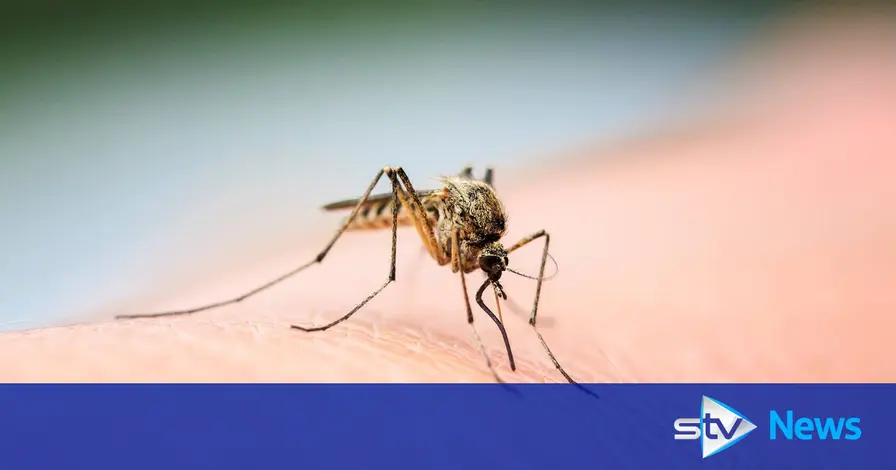
UK travel health alert

Vaccination checks urged before travel
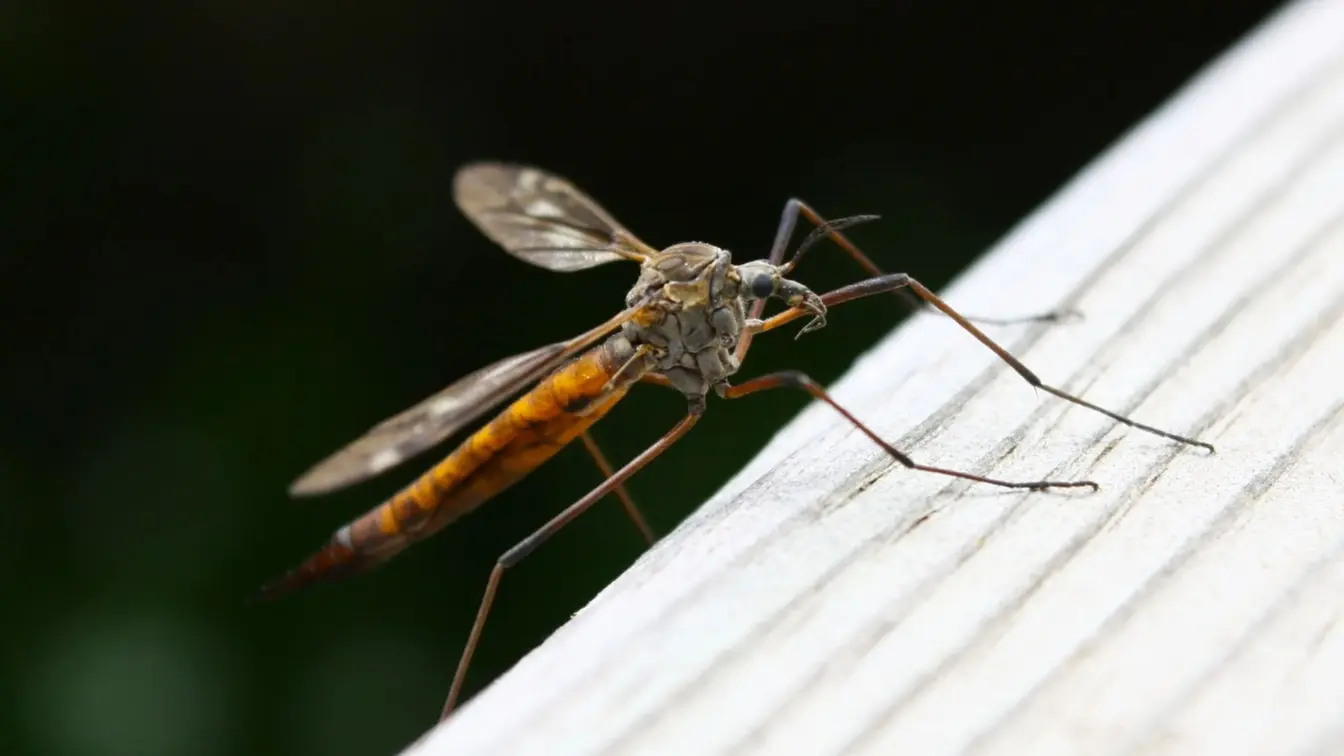
Europe Faces Rising Mosquito Virus Risk at Popular Holiday Spots
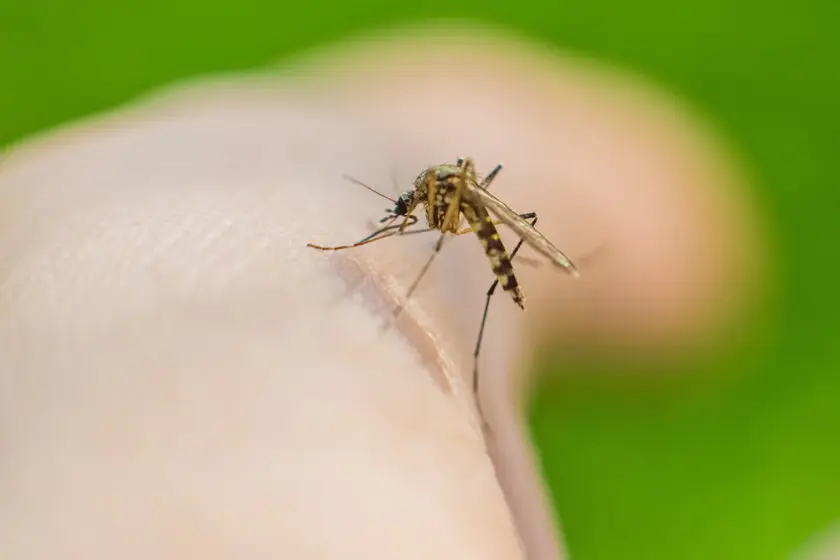
Chikungunya cases rise significantly in China
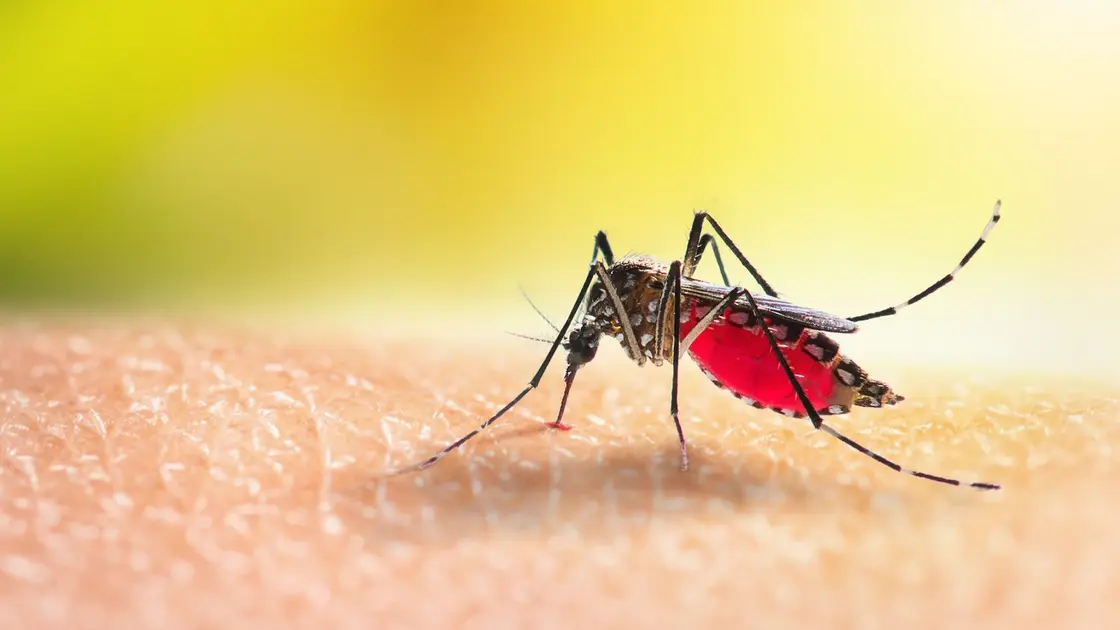
UK travel health update
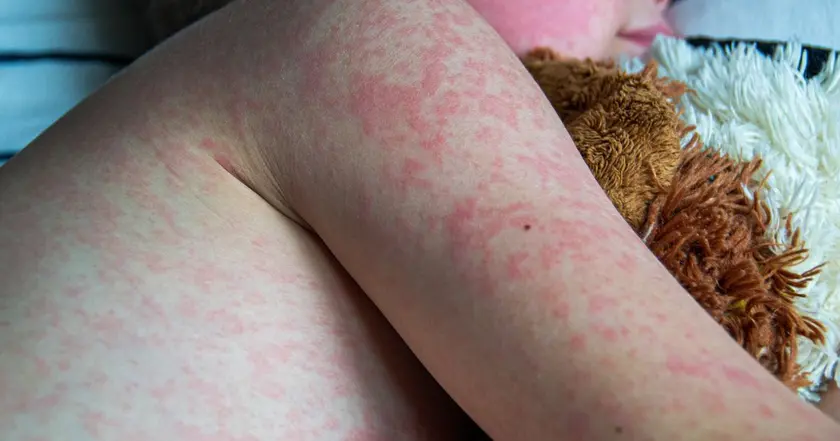
Measles hotspots rise as vaccination gaps widen

Health alert for UK tourists in Italy
